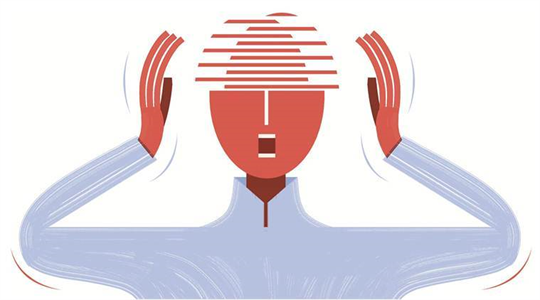Exploring interdisciplinary approaches towards mental health, well-being and forced displacement: lessons from across the Globe
- Location
- MacNeice Room Edgbaston Park Hotel
- Dates
- Monday 23 September 2019 (09:30-17:00)

WORKSHOP LEADER: Dr Irina Kuznetsova
It is recognised by the World Health Organization (WHO, 2010) that vulnerability produces psychosocial impacts on the population. Stigma and marginalization impacts self-esteem, self-confidence, reduces motivation and interferes with life projects. It is well known that forced displacement affects also impacts upon mental health, however, in the current literature, the mental health experiences of displaced people in urban areas in the is often overlooked. While there is research emerging on the issue in refugee camps, little is known about the mental health issues displaced persons experience in cities, such as the everyday pressures they face, the problems experienced in accessing health care and the nature/suitability of NGO/State support.
Special attention will be given to internal displacement as it is often overlooked by the local governments despite the fact that internal displacement issues are incorporated into Sustainable Development Goals which promises to ‘leave no one behind’ (OCHA 2018). The UN subsequently launched a campaign entitled ‘invisible citizens’ to attract the attention of local governments and international organisations for the needs of internally displaced people.
The workshop will provide opportunities to discuss, and compare, emerging results from research projects on migrant experiences in urban areas of Rwanda, Nigeria, Ukraine, Brazil, Japan and the UK.